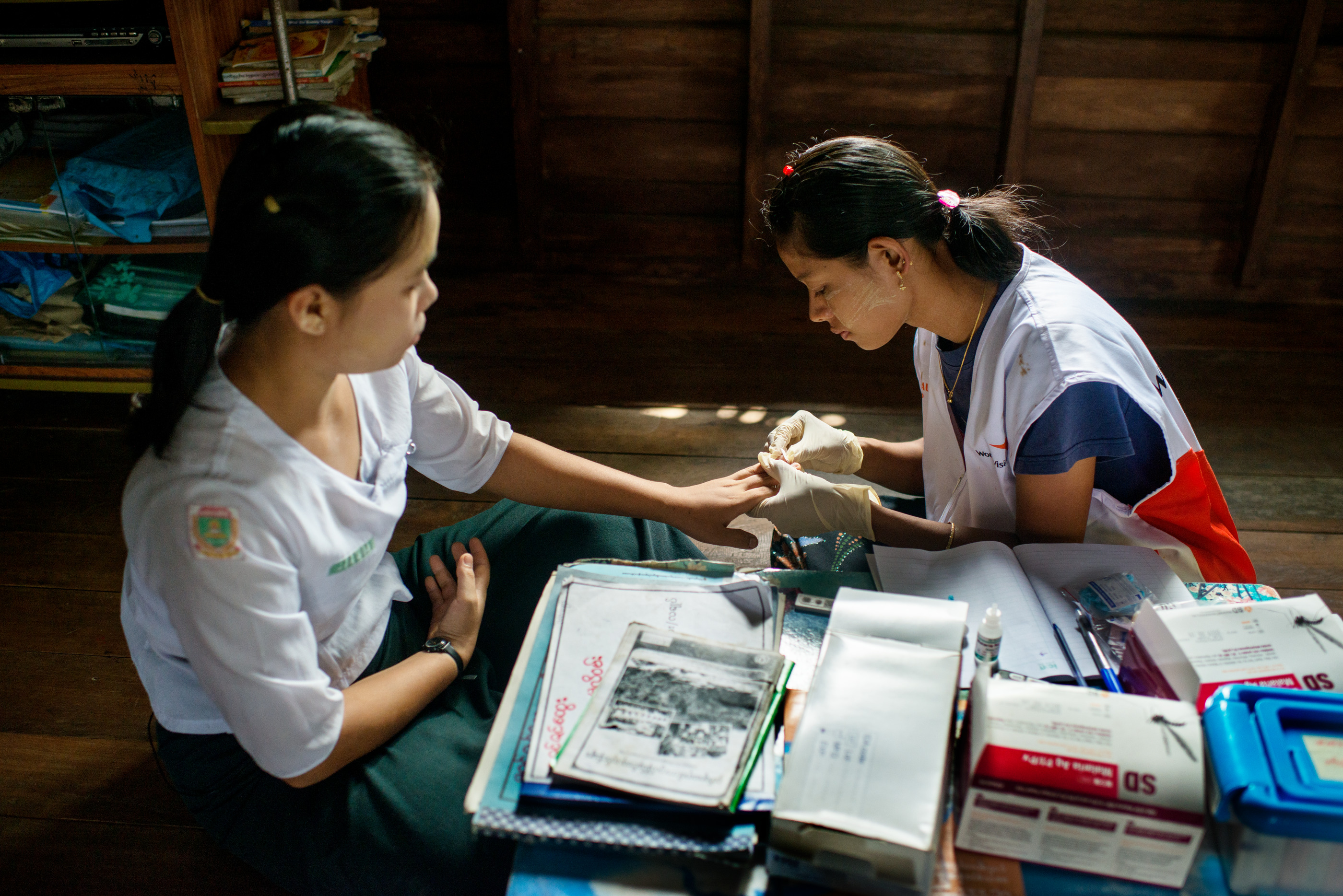
APMEN is a sustainable, collaborative network for the delivery of technical malaria expertise utiliising a brokering approach to connect National Malaria Programs (NMPs) with relevant technical information. APLMA and APMEN are working together to generate evidence, build capacity, and raise awareness and commitment from our stakeholders to ensure the region remains on track to eliminate malaria by 2030.
APMEN has 3 Working Groups which represent the core of APMEN’s technical expertise. These Working Groups were established to coordinate and advocate for capacity strengthening at the national and regional level, identify knowledge gaps, and coordinate operational research on questions directly related to malaria control and elimination. The Working Groups’ objectives are based on guiding principles of country ownership, peer-to-peer support, and shared technical expertise to address diverse elimination challenges in the region.
Host recruitment process
The APMEN Secretariat invited Expressions of Interest (EOIs) from experienced institutions to host each of the three Working Groups for a period of 2 years (January 2023 – December 2024). This opportunity was shared directly via email to 52 eligible partner institutions, as well as amplified more broadly through the APMEN website, Twitter, and Facebook posts in September 2022. The Review Panel examined and scored all applications against the evaluation parameters to ensure that each of the applications fit the necessary criteria developed for hosting a Working Group, in line with the updated Governance Framework for APMEN developed in 2019.
On the basis of the evaluation and close examination of the applications received, the following organisations have been chosen to host the APMEN WGs for the next 2-year period:
- Mahidol-Oxford Tropical Medicine Research Unit to host APMEN Surveillance and Response Working Group (SRWG)
- Malaria Consortium to host APMEN Vector Control Working Group (VCWG)
- Medicines for Malaria Venture to host APMEN Vivax Working Group (VxWG)
About the hosts
Mahidol Oxford Tropical Medicine Research Unit (MORU), the current host of APMEN SRWG, is an academic collaborative partnership between the University of Oxford in the United Kingdom and Mahidol University in Thailand established in 1979. MORU main office is in Bangkok and satellite units are in Cambodia, Lao PDR, western Thailand, Myanmar and the Democratic Republic of Congo. It also has large sister units in Viet Nam (OUCRU) and Kenya (KEMRI), the other members of the Oxford Tropical Network. MORU is a major training organisation with around 66 current postgraduate students, an extensive programme of online and in-person technical training workshops for staff, and a growing portfolio of training workshops run for NMPs, particularly on topics related to surveillance and response including epidemiology, mathematical modelling, malaria genetics, Geographic Information Systems and research ethics and methods. The SRWG will be led by Prof Richard Maude, Head of the Epidemiology Department at MORU.
Malaria Consortium, the current host of APMEN VCWG, was established in 2003 and has since been a leading health support INGO in both Africa and Asia. GiveWell Foundation has ranked Malaria Consortium as one of their top ten charities. Malaria Consortium has capacity building programmes such as the Dr Sylvia Meek Scholarship providing annual grants for Master of Science students. In recent years, Malaria Consortium has engaged in a number of projects with activities focused on Test-and-Treat programmes among remote communities in northern Cambodia, community-based antimicrobial resistance stewardship, integrated Community Case Management, and dengue vector control in rural communities. The VCWG will be led by Prof Leo Braack, Senior Vector Control Specialist at Malaria Consortium.
Medicines for Malaria Venture (MMV), the current host of APMEN VxWG, has successfully worked in over 50 countries with more than 400 partners from public and private sector, NGOs and non-profit organizations, and clinical research institutions since its inception in 1999. MMV co-leads with PATH, to provide support to countries across the Asia Pacific, as well as the Partnership for Vivax Elimination (PAVE) initiative, focused on reducing the global disease burden of P. vivax malaria in the Greater Mekong Subregion, Ethiopia, and Latin America. MMV supported cross-country learnings and meetings between countries on the pathway to policy change and scaled implementation for more effective vivax radical cure. The VxWG will be led by Dr Caroline Lynch, Regional Advisor at MMV.
